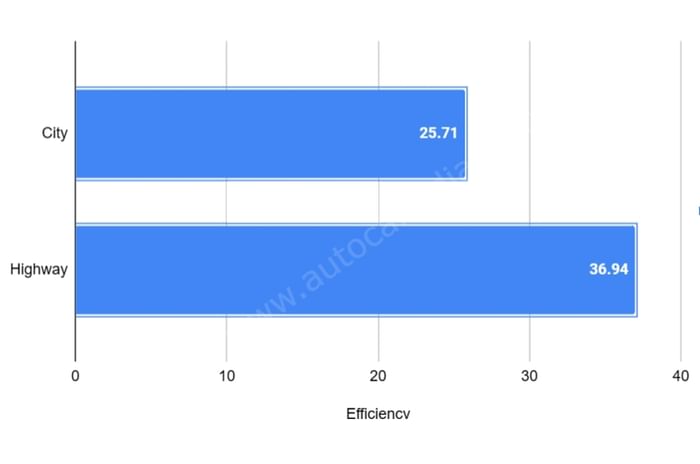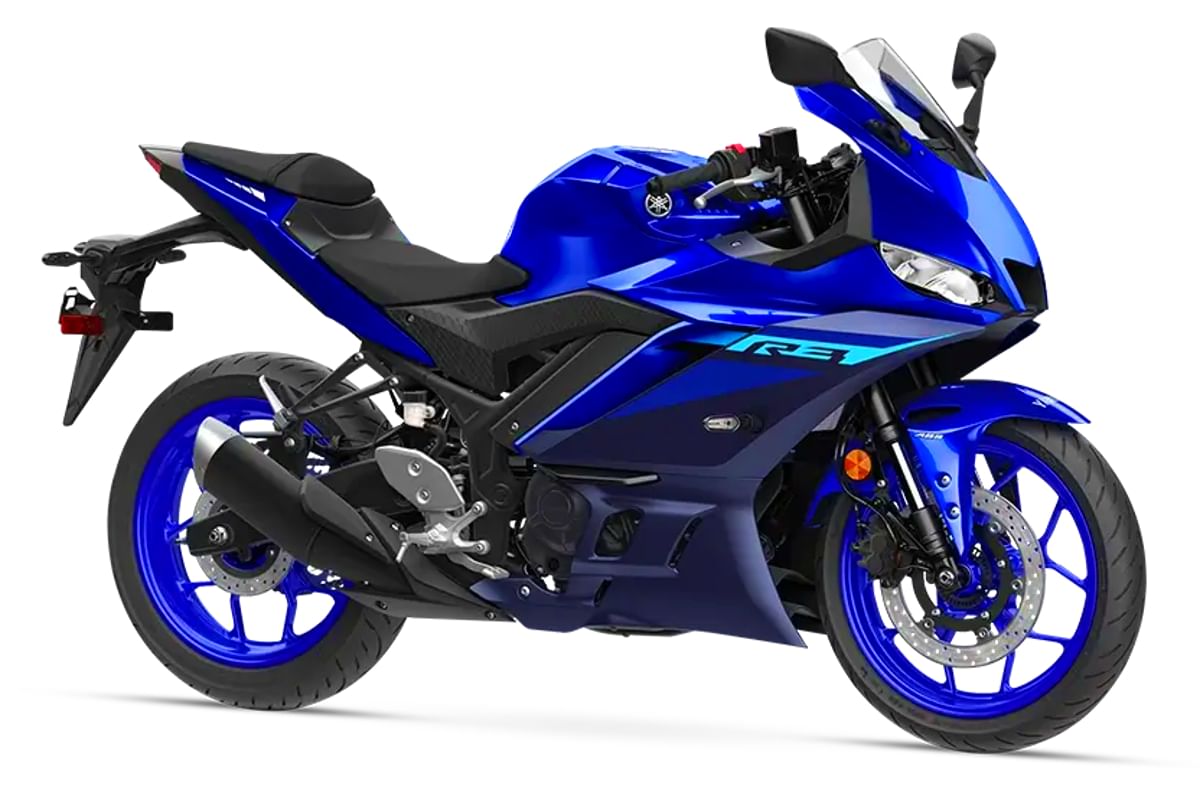Yamaha R3 real world fuel economy tested, explained
The Yamaha R3 returns similar fuel economy numbers as the Royal Enfield Interceptor 650.
Published On May 31, 2024 11:36:00 AM
14,318 Views
Follow us onYamaha launched the updated R3 in 2023 and this bike got a major visual overhaul with a few mechanical changes compared to the BS4 bike that was previously on sale in India. We had the opportunity to put it through our usual test cycles and we can now tell you what the R3’s mileage out on India’s gruelling road network is.
Yamaha R3 real world fuel efficiency
As per our usual method, we start by filling the R3 to the brim and riding it for about 60km on the highway, cruising at around 80kph (the speed limit where we conduct these tests) in sixth gear. At the end of our test, we filled the tank up once again and measured how much fuel was needed. In our test, the R3 achieved a respectable fuel efficiency figure of 36.94kpl.
We headed back to our jam-packed city streets and ran our city mileage test. Here, we rode the R3 for 50km through mixed traffic conditions and, after tanking it up once more, were able to achieve a fuel economy figure of 25.71kpl.
Also See:
Aprilia RS 457 vs Yamaha R3 comparison
Yamaha R3 fuel economy analysis
The Yamaha R3's 321cc parallel twin is tractable and can hold low speeds in higher gears. This helps improve the efficiency in the city. The R3 is comfortable both inside the city and out on the highway with little to no fuss from its motor.
Its linear power delivery makes cruising a relaxed affair, but like a true small-capacity Japanese parallel-twin it can also be ridden spiritedly close to the redline, at which point the efficiency will drop drastically.

Autocar India’s fuel efficiency testing
Our fuel efficiency testing routine begins by filling the tank to its brim and ensuring the bike's tyre pressures match the manufacturer's recommendations. The bike is then ridden on predetermined city and highway routes, maintaining specific average speeds that closely mimic real-world conditions. The weight is kept constant by balancing rider weights and ballast to ensure consistent data across different motorcycles and riders. At the end of the run, the fuel tank is refilled to the brim, allowing us to measure the fuel consumption against the trip metre reading.
Also See:
Harley-Davidson X440 real world fuel economy tested, explained
Copyright (c) Autocar India. All rights reserved.






Comments
Member Login
Personal Details
No comments yet. Be the first to comment.